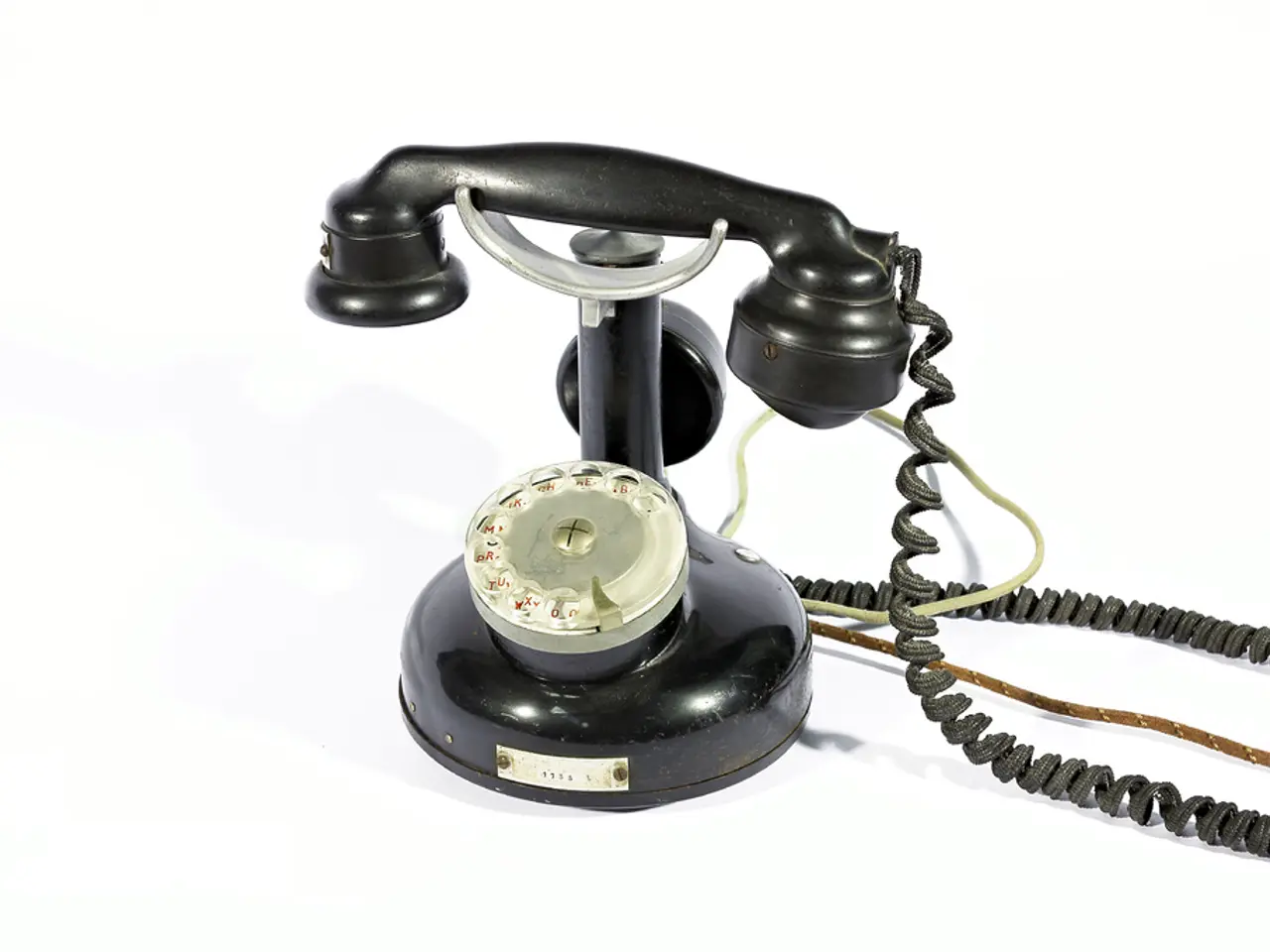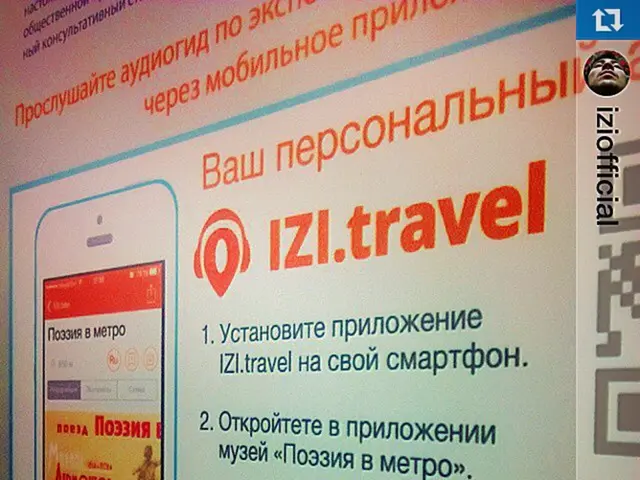AOL Bids Farewell to Dial-Up Internet Service
In a significant move, AOL, once the largest dial-up internet provider, has announced the discontinuation of its dial-up service. The service, which played a crucial role in bringing internet access to mainstream households in the United States, will be shut down on September 30, 2025.
AOL's Early Dominance
Launched in the late 1980s and popularized through the 1990s, AOL's dial-up service was initially optimized for older operating systems. The company distributed millions of free trial CDs, facilitating easy access and familiarizing many users with the internet through features like chat rooms and the iconic "You've got mail" notification.
Despite early excitement, dial-up connectivity was slow, often maxing around 21.6 kbit/s, noisy, and tied up telephone lines, causing user frustration as internet content became more demanding.
Outpaced by Broadband Technology
The limitations of dial-up became increasingly apparent over time. Slow connections and frequent disconnections were no longer acceptable as broadband technologies like cable, fiber optics, and wireless Internet delivered faster, more reliable service capable of supporting video streaming, online gaming, and remote work.
This shift led to a steep decline in dial-up subscribers. AOL’s service lingered mostly in rural areas or niche scenarios where broadband wasn't yet available, but its prominence faded dramatically.
Rivals and Competition
Competitors to AOL in dial-up and early online services included Prodigy, CompuServe, and GEnie. These were all eventually outpaced by AOL’s reach in the 1990s but initially were alternatives for internet users before broadband became widespread.
The End of an Era
AOL's decision to discontinue its dial-up internet service after evaluating its products and services symbolizes the transition from the internet’s analog, dial-up roots to today’s always-on, high-speed broadband era that defines modern connectivity.
In the United States, an estimated 163,401 households were using dial-up alone to get online in 2023, representing just over 0.13% of all homes with internet subscriptions nationwide. The series of beeps and buzzes heard over the phone during dial-up internet use are no longer a common part of internet access for most people.
While not all internet providers have ceased offering dial-up services, the dial-up internet service provided by AOL is now considered a dinosaur by today's digital standards. The quirks associated with dial-up internet, such as being kicked off the web if another call was needed on the landline, are no longer experienced by most internet users today.
As AOL's dial-up internet service comes to an end, it marks the close of a 30+ year chapter in internet history. The launch of AOL's dial-up internet service caused industry unease, and its decline has been a long time coming. However, the legacy of AOL's dial-up service, with its user-friendly features and role in popularizing the internet, will continue to be felt in the digital world.
[1] Anderson, C. (2015). The Internet: A Very Short Introduction. Oxford University Press. [2] Chesney, S. (2013). The End of Forgetting: Growing Memories in a Culture of Remembrance. W. W. Norton & Company. [3] Dibbell, J. (1998). Play Money: Or, How I Quit My Day Job and Made Millions Trading Online Poker. Grove Press. [4] Hafner, K., & Lyon, M. (1996). Where Wizards Stay Up Late: The Origins of the Internet. Simon & Schuster. [5] Naughton, J. (2000). A Brief History of the Future: The Origins of the Internet. Penguin Books.
The decline in AOL's dial-up service has been indicative of the changing landscape in the industry, with finance playing a crucial role in driving investments toward advanced technology and fast broadband services.
In the face of growing competition from companies offering superior technology and faster internet speeds, AOL's dial-up service, once a financial powerhouse, has struggled to maintain its relevance in the modern digital era.




